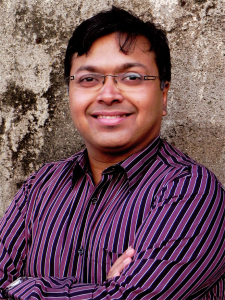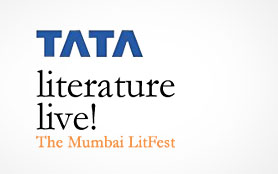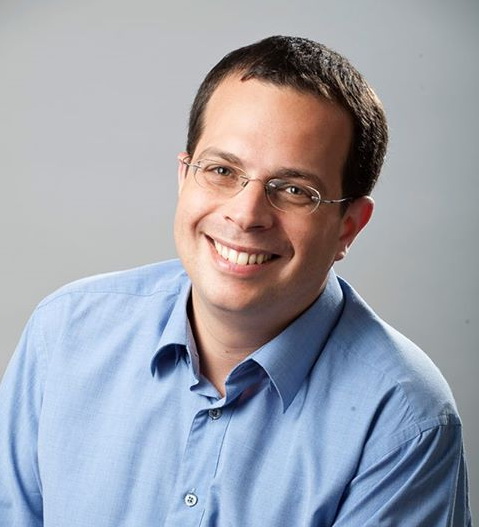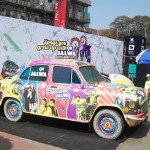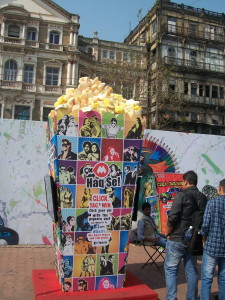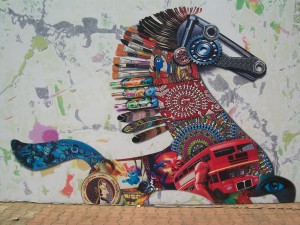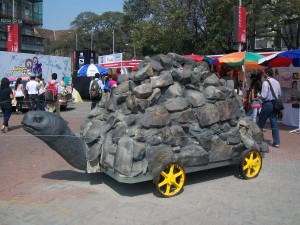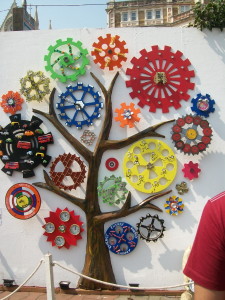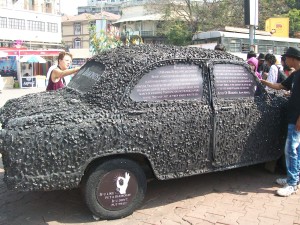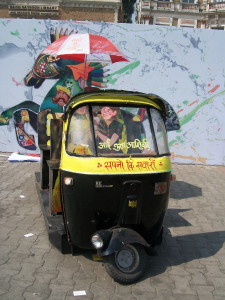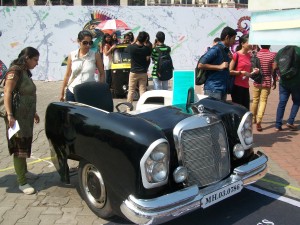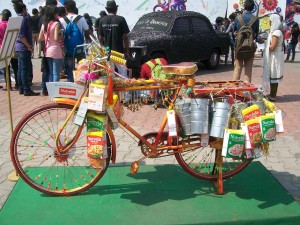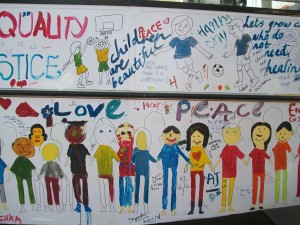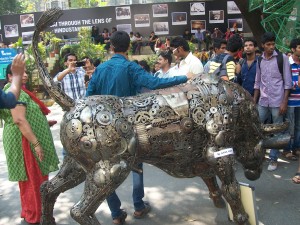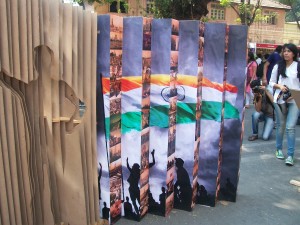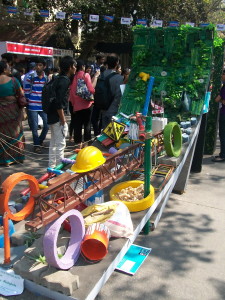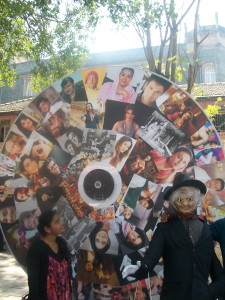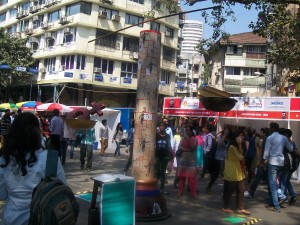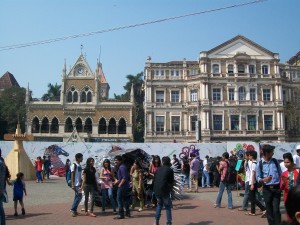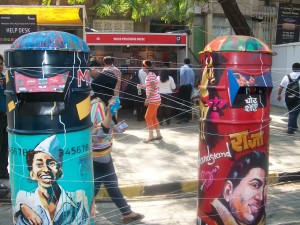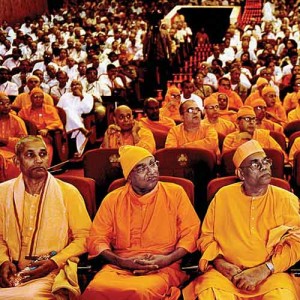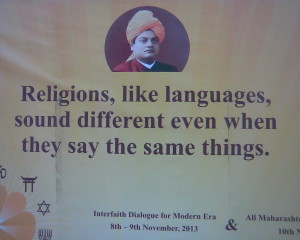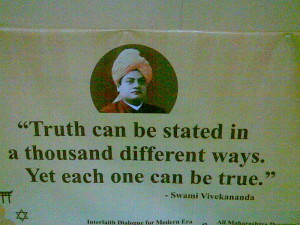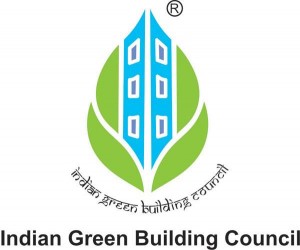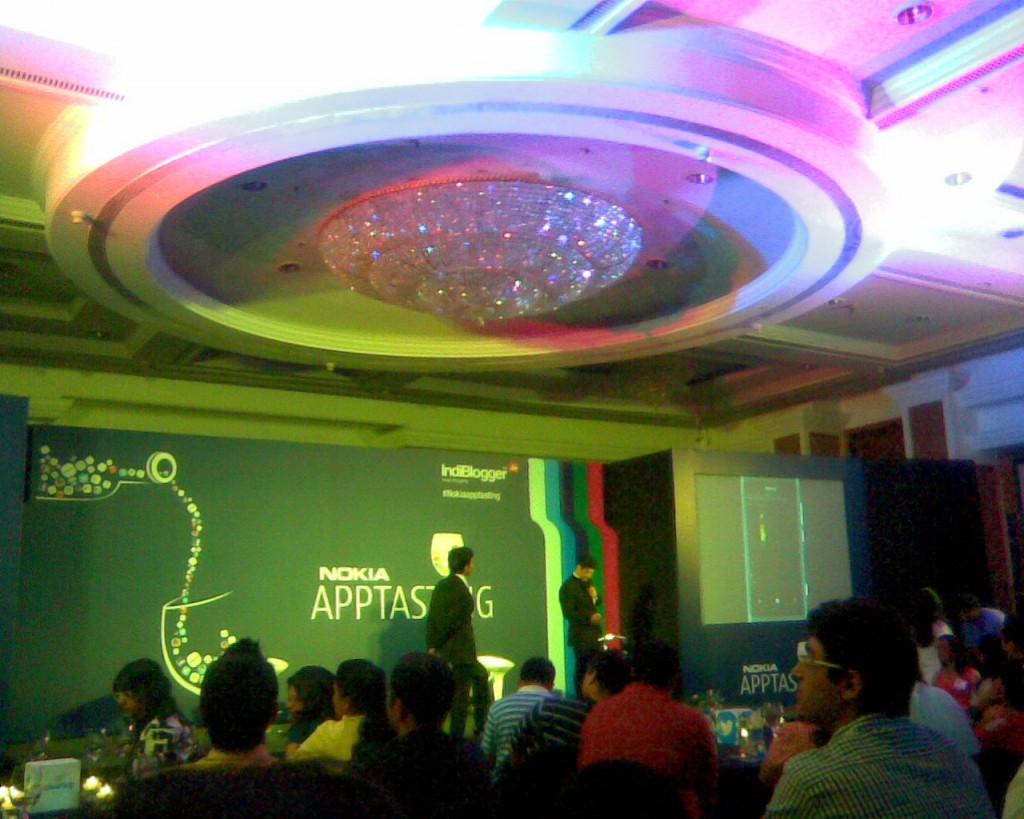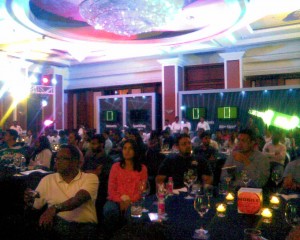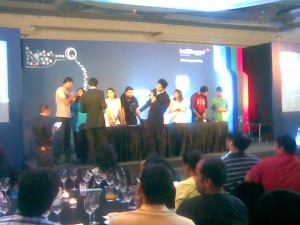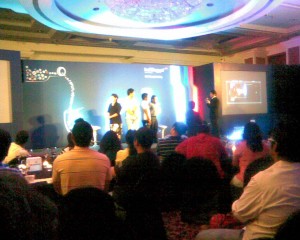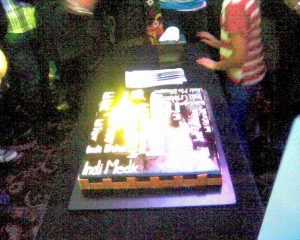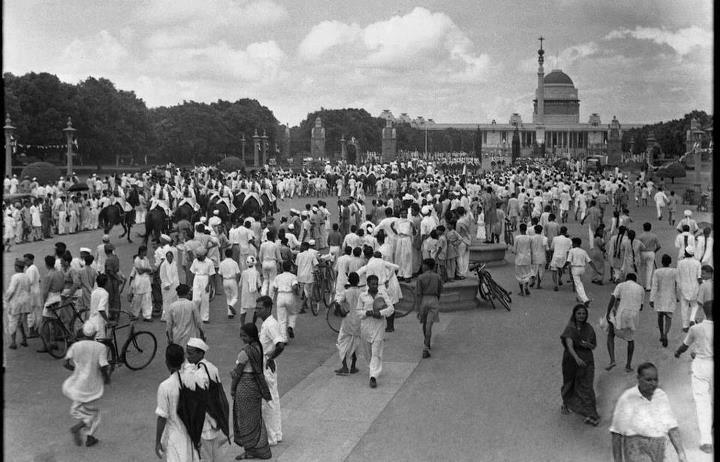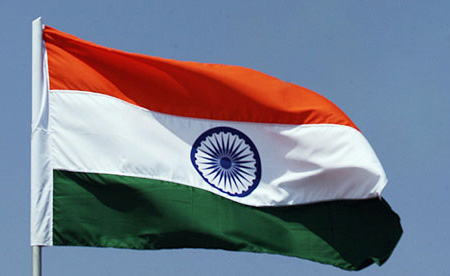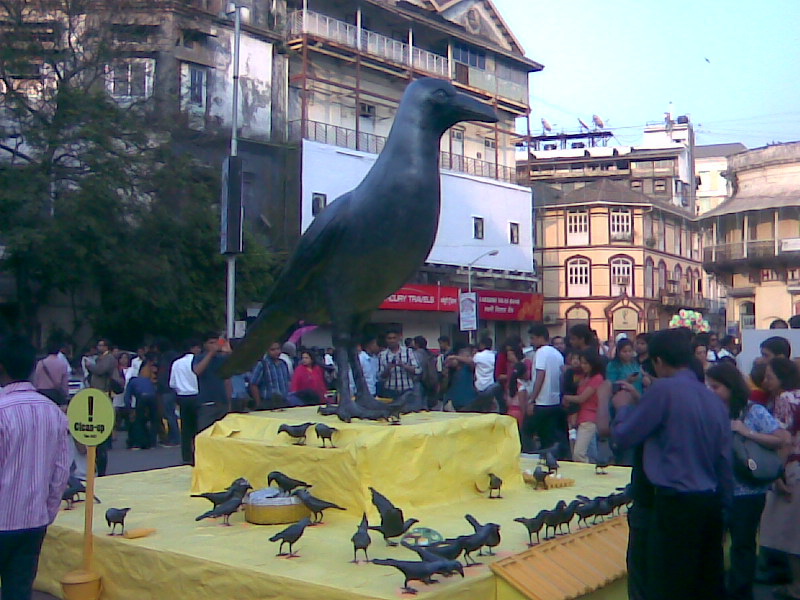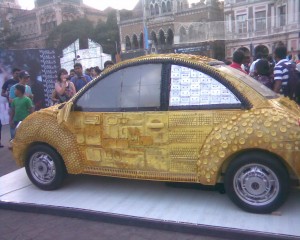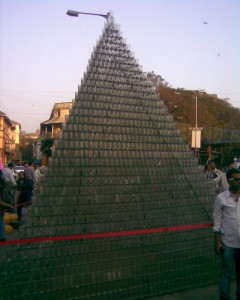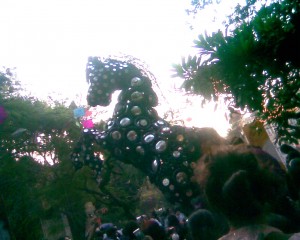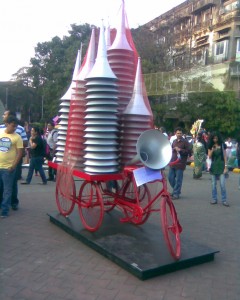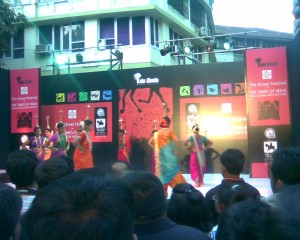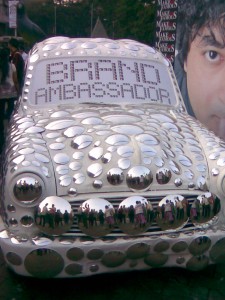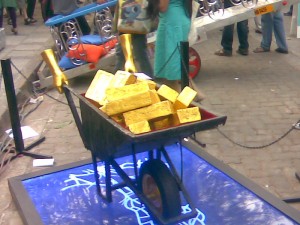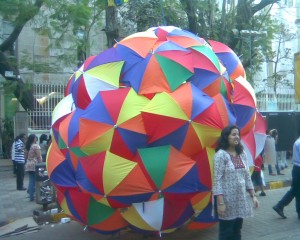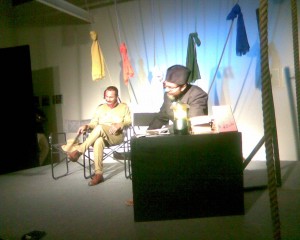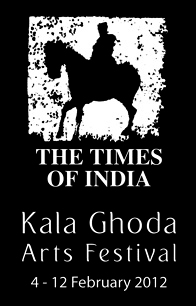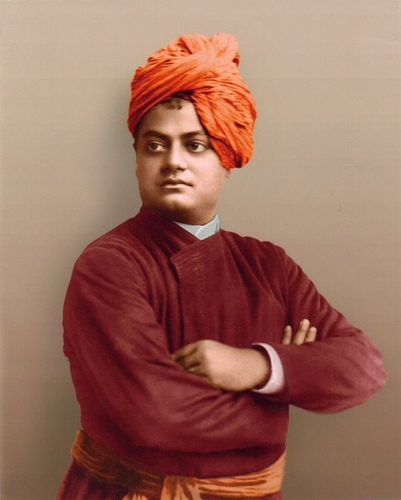By: Keyur Seta
When asked about Mahabharata, many of us would describe it as the war between the Pandavas and Kauravas after the latter snatched away the kingdom from the former and tricked them into exile. And when quizzed about Ramayana, mostly people would say it is the story of Sita being kidnapped by Raavan and Ram, her husband, rescuing her by waging a war against the kidnapper with the help of Hanuman.
By knowing this much, many might feel they are well-versed with these great epics. However, one can be called an expert in such subjects only after doing some great in-depth study of these epics through many sources. This was felt by the large group of audience that attended the ‘Revisiting Our Epics’ session by author Devdutt Pattanaik, media veteran Mahesh Samat, filmmaker and writer Paromita Vohra at the literary festival Tata Literature Live in Mumbai.
“During my television stint, I came across writers who think they know everything about these epics. They are overconfident. When I ask them how they know, they say we saw in the TV serial. Arre that is only 0.1%,” said Pattanaik and continued, “There are also people who keep saying ‘Humare shastron mein likha hai’. These people have never read any shastras.”
The discussion also went on to the technique of telling stories of these epics. Samat explained, “The problem is that people like jumping to the moral of the story. They don’t visit the various interesting layers of the story, which are as important.” Pattanaik agrees with him. “They like telling parables; stories with moral ending. But the main objective of mythology is to show that this is how life is and its consequences.”
By taking the discussion onto right and wrong, he continued, “Action should not be judged as right or wrong. Different people have different interpretations. Those who benefit from war or violence will say it was necessary while those who are violated will say it was bad. Also, God is not a judge in these epics. One shouldn’t think why Ram did this. Ram did it; that’s it! Let the audience decide.”
Pattanaik, who has written more than 20 books on Mythology, also pointed out the limitations of the TV versions. “There are six chapters after the war of Mahabharata. There is also an instance of Bheem eating the flesh in the bones of the enemy. But you can only show things on TV that appear right, which is dangerous.” He elaborated this. “My friend lied to her niece or nephew that Kunti was taking bath in the river and by mistake the basket containing her child floated into the river. The kid knew the real story so he asked, why are you lying? So the audience has no problem, only the Censor Board has.”
He also stressed how these epics are hailed as revenge sagas on TV. “After the war, Draupadi’s maid points out how she lost her five sons in the war. How feasible is revenge at the cost of five sons? B R Chopra doesn’t discuss this because revenge sells. Also both Mahabharata and Ramayana have tragic endings but this is also not shown. Why tragic? In the end, Ram walks into the river alone and the Pandavas walk into heaven where the villain is already present.”
Our great epics are so vast that discussing them is a never-ending exercise. The same was felt during this discussion. Hence, it was ended due to time constraints. But it was a memorable enough to generate more interest in the subject of mythology for the full house present there.
